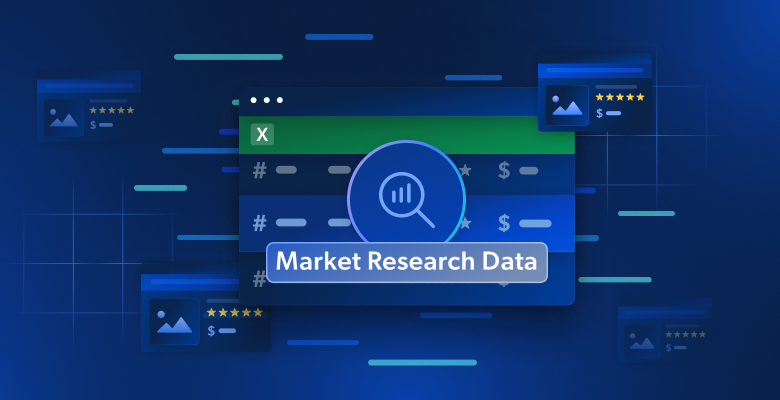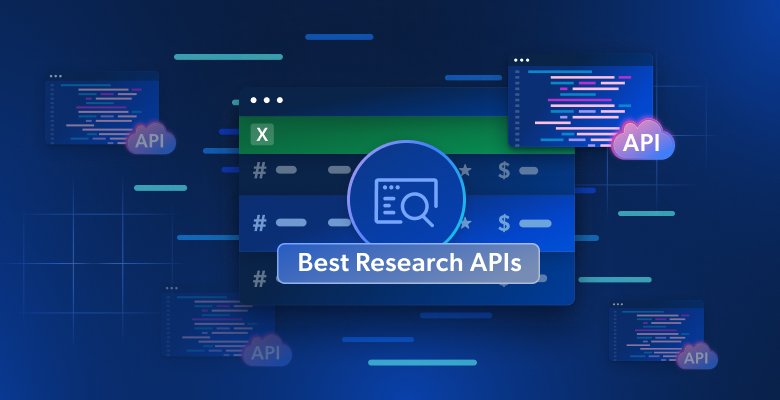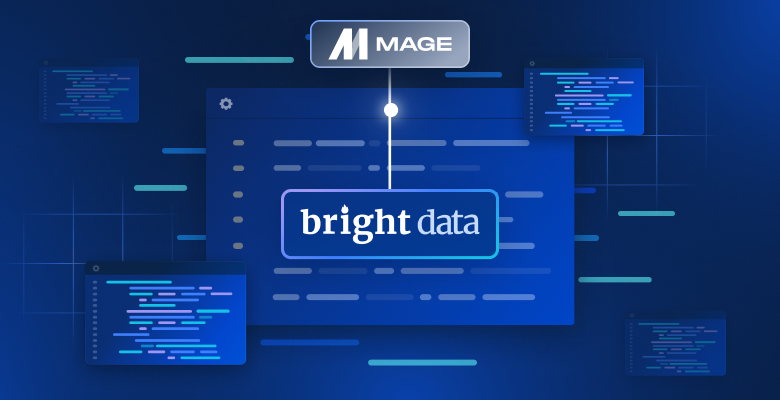Traditionally, real estate firms have made decisions based on professional experience, and historic trends. Today, big data analysis makes it possible to get accurate data in real-time. This in turn empowers real estate companies, investors, and developers to have a clear picture of prime opportunities, as well as accurate risk assessment.
One of the main impacts big data is having on the real estate industry is the ability to pick up on small yet crucial differences between neighborhoods. Previously, real estate companies would profile entire neighborhoods homogeneously. Big data has exposed the key differentiators between city blocks for example. From crime rates to price appreciation, zoning codes, and future infrastructure projects. This ability to assess investment opportunities on a micro-level is helping REITs (Real Estate Investment Trusts) increase returns and dividends for shareholders, for example.
Another change is that alternative data is enabling companies to make predictions based on data points from social media, search engines, and other ‘nontraditional’ sources. Many companies are leveraging this type of data to build predictive analyses and algorithmic models indicating future buying, living, and investment trends.
Other alternative data sources include:
- Online surveys
- Yelp reviews
- Online search reviews of local businesses
That can help them identify trends at the city block level rather than at the neighborhood level. When traditional variables like household income, vacancy rate, the year it was built are used, they can predict real-estate values with a 40% predictive power. According to a McKinsey report, non-traditional values, better known as alternative data can become a powerful source for predicting real-estate valuations, for example.
6 ways big data is being leveraged in real estate
#1: Wider scope of analysis
In addition to improving the accuracy of predictive algorithms and driving analyses for real estate development, there are now more applications for big data in real estate. For instance, big data analysis can help when assessing the state of the mortgage industry, insurance risk assessment, actuary calculations as well as evaluating the purchasing power of median household incomes based on geography and other variables.
#2: Property evaluations
Typically, professionals will rely on their experience and expertise to appraise a home. Often they will also perform a comparative market analysis, taking into account factors such as the neighborhood, shops, and proximity to schools.
But property appraisals can greatly benefit from real estate datasets that can be fed into AI models and predictive algorithms enabling them to base prices on current trends. Relevant data points may include current supply, and demand, sales volume, property characteristics, the fluctuating cost of construction to add.
#3: Home prospecting, marketing, and sales
Big data can also improve how properties are marketed. Analytics tools built for realtors, for example, can use search engines, and digital advertising data to help them refine their audience and target relevant buyers.
Some realtor-focused analytics tools are changing the way big industry players do business and make decisions. For instance, companies in the likes of Anglo Saxon and Re/max are increasingly making more data-driven decisions as well as digitalizing the sales process. This model includes tracking visitors’ interactions on competitor websites as well as tracking user interaction and messaging on relevant industry ads.
Others are using alternative data sets to analyze buyer preferences, budgets, and even their level of commitment to potentially close a deal. To do so, they scan the web for indicators such as mortgage pre-approval, credit scores, and any public records indicating previous consumer behavior.
#4: Boost property development
Developers have also identified the value data holds in terms of boosting profit margins. They are sourcing clean data sets in order to feed and train sophisticated AI for a variety of uses such as pinpointing land parcels ripe for a high-yielding investment. Systems can only identify such opportunities based on cross-referencing relevant data sets such as:
Local government records regarding infrastructure (say a new light rail is being built in close proximity).
Trends on social media groups show an increased interest from a certain demographic in living in this particular area (say, doctors or students).
Not only that but applying big data to residential development means the development will be more fine-tuned to the needs of its residents. Data enables developers to find out not only where to build, but what amenities the potential residents would like in their buildings. By developing residences that align with the amenities and features customers expect, these projects can command higher prices.
#5: Data-driven risk mitigation and property insurance
Sourcing accurate and clean data sets can also be important in terms of creating predictive analyses pertaining to the financial risks of investing in certain buildings and projects. Additionally, big data analytics can help insurance companies provide the right insurance for prospective buyers or homeowners, and help actuaries make better assessments.
#6: Digitalization of management processes
Real estate companies, especially non-trading investment trusts, understand the relevance of big data and are embracing digital transformation. Companies rely on big data analytics to evaluate and forecast building opportunities. In addition, big data algorithms can be used to analyze the performance of each asset and refine its strategies.
The challenges of real estate analytics
Many developers and investors are jumping at the opportunity to leverage big data. However, there is often a disconnect between the availability, quality, and accuracy of data as well as the ability to extract data sets in a timely fashion. On this last point, developers and investors need an influx of real-time data that can help them stay ahead of the curve, identifying potential opportunities before others.
Conversely feeding predictive algorithms data that may be low quality or not fully accurate can have dire effects on analysis, suggested actions, and ultimately ROI derived from investments made on the basis of this data.
The advantages of big data in real estate
What used to be a bricks & mortar endeavor, for the most part, the real estate market has started generating huge amounts of web data in recent years. The main ‘data producers’ include:
- Investors
- Retail buyers/sellers
- Middlemen such as agents/digital marketplaces
- Government/building/zoning websites/archives/databases
The biggest advantage of web data collection in the context of this ‘big data picture’, is the ability that any one party has to cross-reference data points from these different ‘users’, and find correlations that can be leveraged to their benefit. Here’s how each group is accomplishing this:
Investor big data benefits
Investors are using open source data in order to understand consumer trends wants, and desires. This is due to the fact that property market valuations can very often rely on shifting popularity. For example, investors that collected data from social media pointing to the hype around ‘The Meat Packing District’ in Manhattan before it was gentrified were able to scoop up property in that area early on in the process and generate higher than anticipated revenue.
Retail buyers/sellers big data benefits
Web data enables these players to get a clearer picture of the current state of their market. Sellers can use big data in order to price their property based on recent sales data in their area. They can better understand consumer interest/demand by looking at search query data for example, ‘condos for sale in Dallas’. All of which can help them decide if now is the strategically right time to sell.
The same goes for buyers who can use the above-mentioned data points to discern if now is the ‘right time’ to buy. They can also collect information pertaining to historic home prices in their city or state of interest or across the country. This can help them better ‘time’ purchases as well as consider new places to buy in that they may have never previously considered.
Middlemen big data benefits
Whether it is an estate agent or a marketplace, big, open source data is crucial to their business model. Realtors can use search queries, pricing, and competitor campaigns in order to inform their marketing campaigns. While marketplaces can use search/sale/labor statistics in order to better service target audiences and tailor their tool’s capabilities.
Builder big data benefits
Builders while crucial to the real estate market, are extremely vulnerable to trends. They use big data to preempt market trends and in order to remain profitable. One example of this is collecting information that sheds light on the fluctuation of pricing or availability of raw materials – such as timber, and cement. If they can identify a negative fluctuation ten they can work to build up their stores of said material, and/or improve their in-house production capabilities, for example.
The future of big data in real estate
Big data will continue to inform business decisions across the board in the real estate industry:
- Investors – Going forward investors will choose projects based heavily on social sentiment, search trends, and real-time sales data.
- Architects – Will plan apartments, houses, and building projects based on communal/personal needs that become apparent on web forums. Students who believe that communal studying, social activities, and eating are more important than large private spaces, will influence designers to create those spaces in student housing, for example.
- Shelter seekers – This includes renters and buyers or anyone looking for a roof over their head for a pre-designated period of time. These people will continue to leverage the data coming out of the sharing economy in order to create more cost-effective solutions that suit their dynamic needs both geographically, and in terms of time constraints. Think data-driven grassroots movements to help bring this idea into a working reality.
The bottom line
Applying big data analytics to a real estate portfolio is not an easy task. Training algorithms require collecting large quantities of real-time, high-quality data for a Machine Learning [ML] model to work properly. Additionally, cleaning data and preparing it for analytics takes time and can be a costly affair. And finally, once you get the required data sets integrated with your desired models, scaling your data collection operations can be complicated. That is why many in the real estate industry including investment houses, REITs, construction companies, developers, and analytic and software companies are completely outsourcing their data collection. They are opting for complete data collection automation which is quickly becoming an industry standard.








